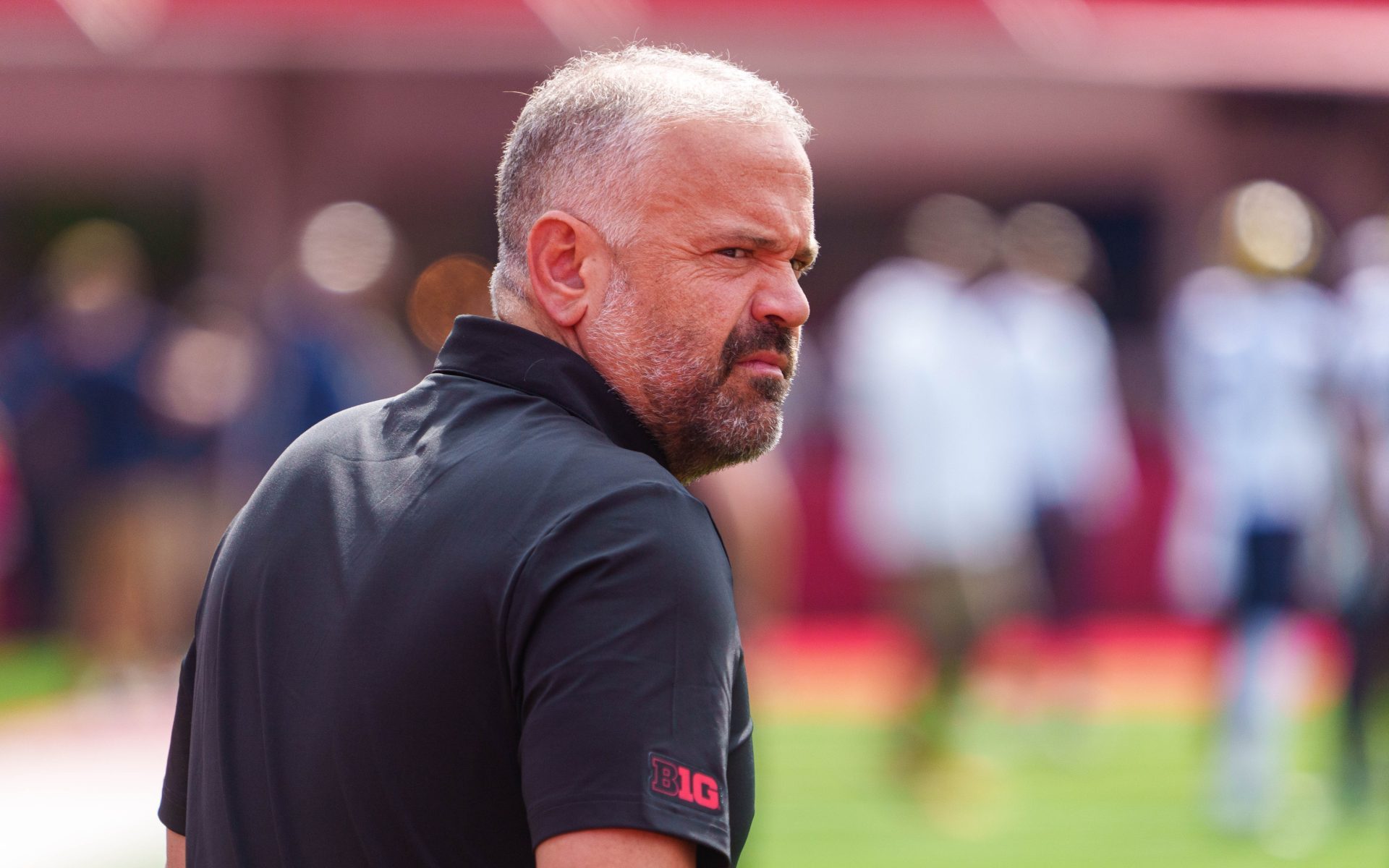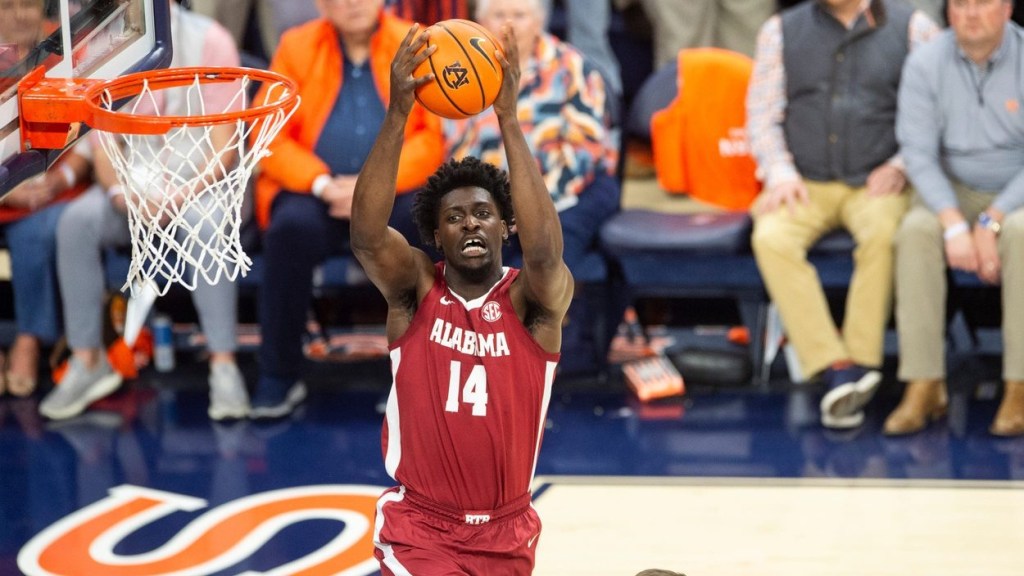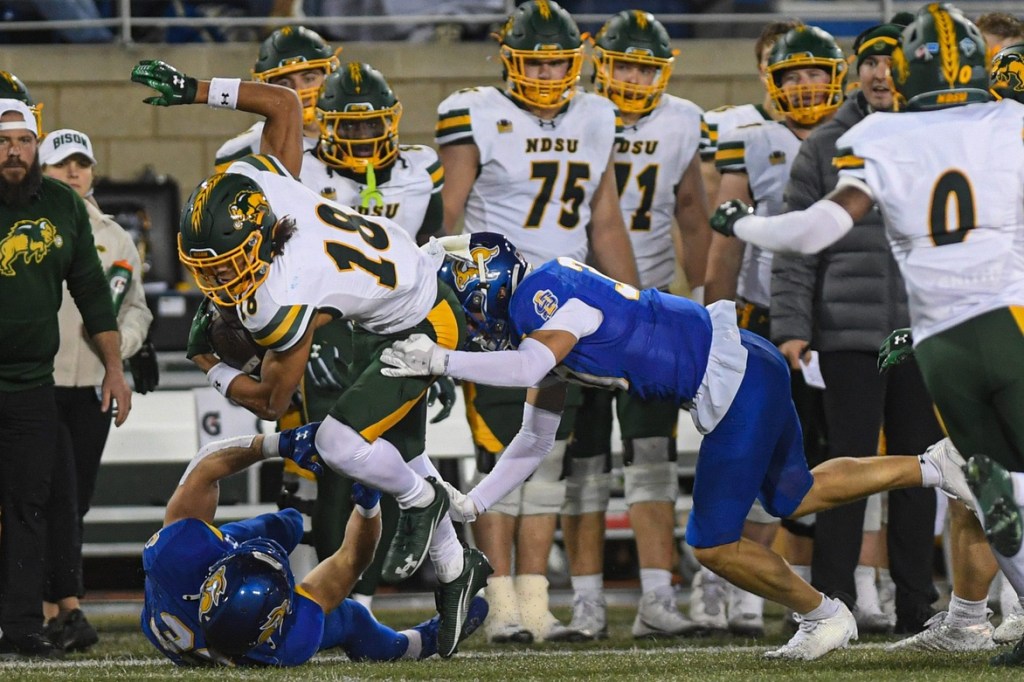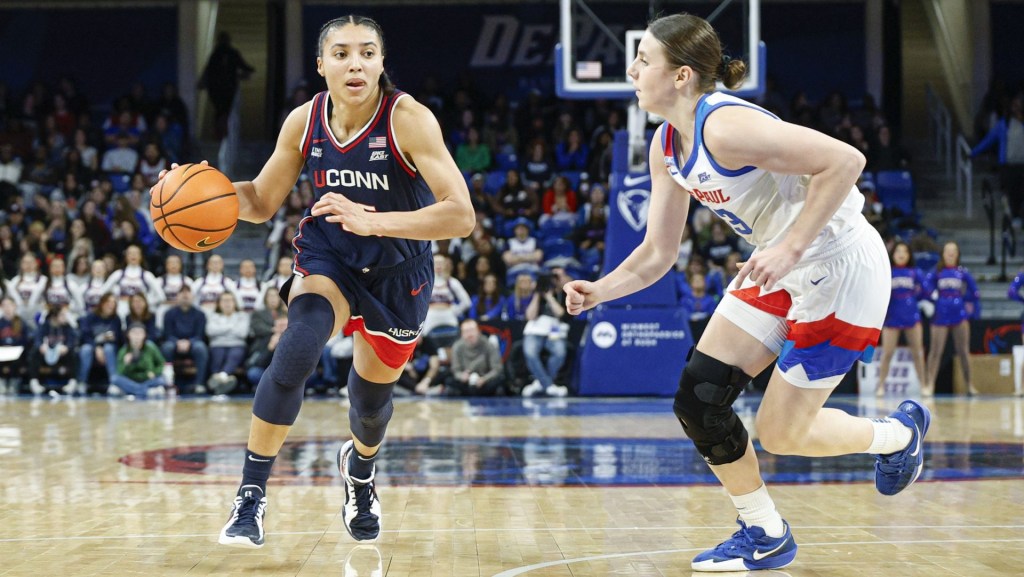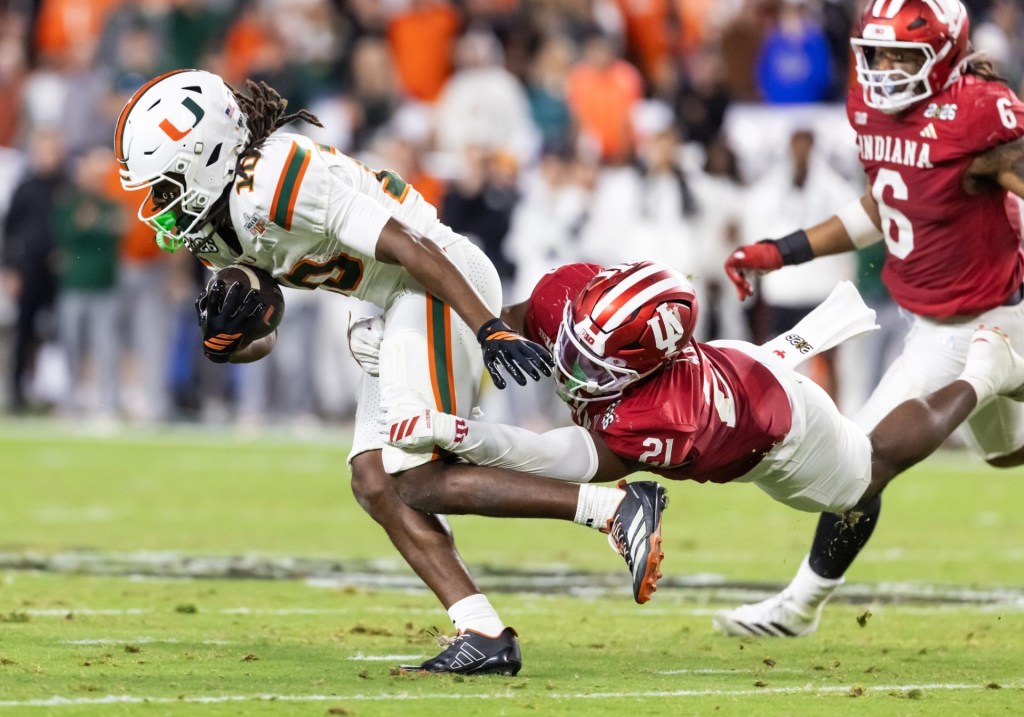In Year 2 of the Big Ten’s expanded, 18-team conference, the impact of coast-to-coast travel has become a hot topic for coaches across the country.
“There’s several opponents in the game, one of them is just the conditions, the travel, all that stuff,” Nebraska coach Matt Rhule said ahead of this weekend’s game at Maryland. “It’s just part of it. We’ve had a year to prepare for it. We know what to expect.”
Nebraska will fly out Thursday—a day earlier than it typically does for a Saturday road game—in an effort to minimize the negative effects of the 1,200-mile trip, which Rhule admits is not that bad compared to other teams in the conference.
“One of the great things about being in Nebraska is we’re centrally located,” he said. “So, we’re not on these six-hour flights. I think about some of these guys going West Coast to East Coast, how hard that is.”
Buckle Up
This weekend is a prime example of that cross-country travel Rhule mentioned; take a look at the four games involving the West Coast programs that joined the Big Ten last year, all against teams multiple time zones away:
- Rutgers at Washington (2,385 miles)
- No. 15 Michigan at USC (1,943 miles)
- UCLA at Michigan State (1,918 miles)
- No. 7 Indiana at No. 3 Oregon (1,856 miles)
On the topic of travel, Rhule said, “The number-one thing is we don’t complain about it.” However, some other Big Ten coaches have alluded to its logistical challenges when it comes to fielding a competitive team.
After Penn State’s shocking upset at UCLA last weekend, James Franklin said, “We did not handle last week’s loss [at home against Oregon] well. We also lost some players in that game during the week, and then everything else, travel, everything else. Did not come out with the right energy to start the game.”
Before USC’s eventual loss at Illinois in Week 4, Lincoln Riley bemoaned the Trojans playing at 11 p.m. ET the previous Saturday at home against Michigan State, and then at 11 a.m. ET the following Saturday. “Going from the absolute latest kick in the country to the absolute earliest kick in the country has its challenges. … It compounds if you’re not careful,” he said.
Sky Miles
The additional coast-to-coast travel is happening in the ACC, too, also in Year 2 of that conference’s expansion to 17 teams.
Cal and Stanford are each playing three games in Eastern Time this season, and each hosts three ACC opponents based in Eastern Time.
No ACC team has to play at Cal and at Stanford this season, and no Eastern– or Central Time Zone–based Big Ten team is making multiple trips to the West Coast.
